What to eat and what to abstain from gingivitis to heal quickly?
Like many other diseases, when you have gingivitis, there are also some foods that you should eat and should avoid to help the disease heal faster. So specifically, when you have gingivitis, what should you eat and what should you eat? Let’s find out right here!
1.What to eat with gingivitis?
1.1. Stay away from foods that are too hot or too cold
When you have gingivitis, you should absolutely not eat foods that are too hot or too cold because it can cause sensitive teeth, inflamed gums. In addition, hot spicy foods containing a lot of pepper, chili, … should also be temporarily avoided.
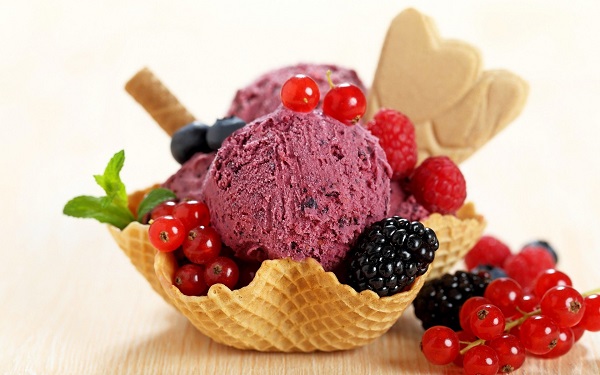
1.2. Foods high in starch/sugar
Foods containing a lot of starch/sugar such as cakes, candies, chocolate, soft drinks, etc. are also on the list of foods to abstain from when suffering from gingivitis. The amount of sugar in this food when accumulated in the teeth can form plaque for bacteria to grow causing oral diseases.
1.3. With gingivitis, abstain from hard foods
Do you wonder what to eat with gingivitis? Immediately abstain from hard foods that can cause damage to teeth and gums such as macadamia nuts, walnuts, dried fruits, …
1.4. Meats with tough and long fibers
Meats with tough and long fibers are also foods that you should avoid when you have gum disease. The cause of gingivitis is because when eating, these meat fibers can lead to the interdental spaces, difficult to remove. When cleaning your teeth to remove leftovers, it can accidentally damage the gums, making the inflammation more serious.
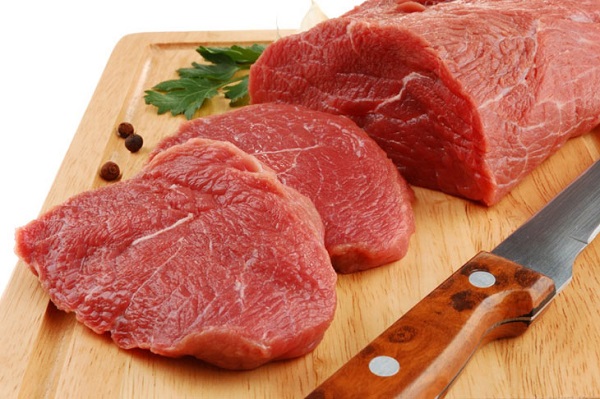
1.5. Food with a sour taste
Sour foods such as: sauerkraut, pickles, tomato pickles, etc. are the answer to the question of what to eat with gingivitis. In these foods contain a lot of acid, so when eaten, it will make the damaged gums easily become swollen, burning more serious. Even worse cases can cause the wound to become ulcerated.
1.6. Stimulants like alcohol/beer/tobacco
Stay away from stimulants such as alcohol, beer, cigarettes, coffee, soft drinks and substances that can inhibit the activity of the salivary glands, drying out the mouth.
1.7. Can I eat chicken if I have gingivitis?
If you have gingivitis, do you need to abstain from eating chicken or not? Although chicken contains a lot of protein and vitamin K. These substances are very good for the body and help prevent gingivitis and bleeding gums. However, when you have gingivitis, you should not eat chicken. The reason is because chicken has a tough and long fiber. When eating chicken, it is easy to get stuck between teeth. Therefore, when oral hygiene is relatively difficult, especially when gingivitis covers.
However, if you do not eat chicken, your body lacks vitamin K, what to do? Especially when the meat does not contain any substances that cause gingivitis? The best way is to cut the chicken into small pieces, eat a sufficient amount and chew it thoroughly. After eating, clean your teeth carefully.
2. So what should you eat if you have gingivitis?
2.1 Fruits rich in vitamin C
In addition to knowing what to eat with gingivitis, you also need to know what foods to supplement when you have this disease. And one of the foods that are beneficial for people with gingivitis is that fruit contains a lot of vitamin C such as: Guava, lemon, orange, tangerine, … Please supplement with sufficient amount to help increase resistance for teeth. mouth, preventing the growth of bacteria and promoting the healing of the gums. Even if you have purulent gingivitis, take vitamin C supplements to increase your resistance!
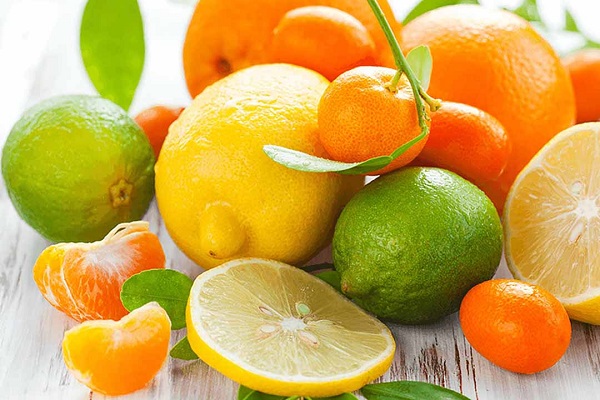
2.2 Foods rich in fiber
Please add fiber-rich foods such as: Celery, lettuce, cauliflower, beans, … These foods can both help clean plaque at the roots of your teeth and promote the process. salivation to avoid dry mouth and wash away bacteria. Thereby helping to improve the condition of gingivitis.
2.3 Should add ginger and garlic to daily dishes
You should add ginger and garlic to your daily dishes. This method not only makes the dish more delicious and fragrant, but it can also help the gingivitis go away quickly. The reason is because both ginger and garlic contain antibacterial, anti-inflammatory, and antiseptic substances that help limit the attack of harmful bacteria to the teeth and heal inflammation.
2.4 Add foods containing lactic acid
Foods rich in lactic acid are very good for people with gingivitis. This is because lactic acid can help boost the immune system and inhibit the growth of bacteria in the oral cavity so that inflammatory swellings heal faster. Some foods rich in lactic acid are fresh cow’s milk, yogurt, bread,…
2.5 Fresh garlic helps reduce gingivitis effectively
In fresh garlic contains a lot of Allicin – a plant antibiotic capable of killing harmful bacteria. Therefore, when suffering from dental diseases, including gingivitis, people often use fresh garlic with granulated salt to cover it.
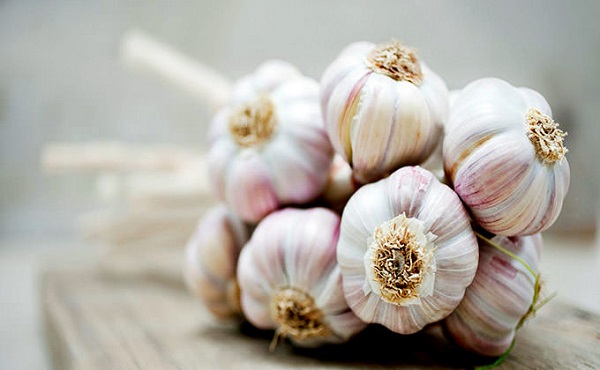
2.6 Drink tea every day
If you drink a glass of green tea or black tea every day, it will help you have strong teeth, fresh breath and repel gum disease. The reason is because these teas contain polyphenols. The use of this substance is anti-inflammatory and destroys harmful bacteria in the oral cavity.
In addition to drinking tea, you can also use tea to gargle 2-3 times a day by mixing tea with salt in a ratio of 10:1.
2.7 Should drink honey and lemon water
Drinking honey and lemon juice is also a way to help gingivitis heal faster. Honey contains effective antibacterial agents. And lemon contains a lot of vitamin C has the effect of increasing resistance. Therefore, when drinking this type of water, it can reduce inflammation caused by gingivitis, and also eliminate bad breath and help clean teeth.
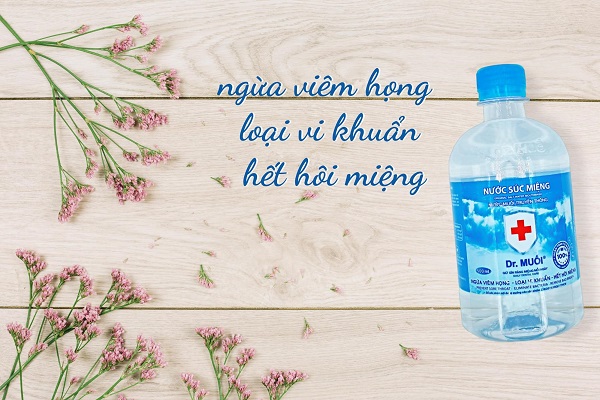
In addition to knowing what to eat and what to eat with gingivitis, the most important thing is that you must clean your teeth properly, ensure cleanliness, especially after eating. In addition, you should use more salt water to gargle Dr.Mui after brushing your teeth.
This is a mouthwash with main ingredients from natural sea salt, prepared with a safe concentration, can be used for both adults and children over 12 years old. Using salt water to gargle Dr. Salt can help remove food particles that the brushing process has not cleaned, remove bacteria, prevent sore throat, reduce pain, gingivitis and bad breath effectively.
Above is some information about what to eat and what to eat for gingivitis to help the disease heal faster. Let’s build a scientific and reasonable diet, and at the same time, maintain proper oral hygiene, ensure cleanliness to prevent, prevent and promote the healing process of inflammation, improve oral health.
You Can Refer To More Articles:
Should I wash my nose with physiological saline?
Instructions for Self-healing Sinusitis with Physiological Salt Water
Tips for Treating Allergic Rhinitis with Physiological Salt Water Simple and Effective
Instructions on how to hydrate with salt water to treat bad breath
